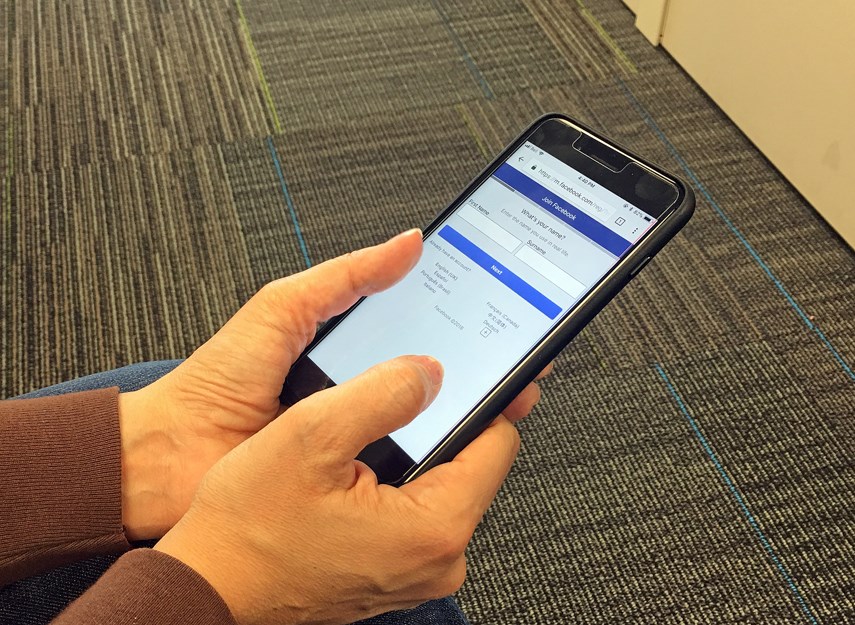They say there is no free lunch. That certainly appears to be true for about 50 million Facebook users, whose “free” and convenient medium for chatting with “friends” also became a powerful tool for influencing their thoughts and even, very possibly, how they voted.
Revelations about the social media giant this week focused on its role and that of other third-party data-mining companies that apparently harvested users’ personal information then created psychological profiles which it targeted with fake news to influence those people’s opinions.
If you repeat something often enough, people start believing that it’s true.Facebook is the platform for making almost anything go viral.
Descriptions this week of how Cambridge Analytica exploited users’ vulnerabilities to feed into a web of disinformation during both the 2016 U.S. election and U.K. Brexit referendum, are chilling. For its part, Facebook says when it learned of the users’ data retention it asked those involved to destroy it. That’s very civilized of the corporation. And if anyone believes that actually took place, there’s a third crossing of Burrard Inlet we’d like to sell you.
Tapping into the personal information about voters to try to influence them isn’t new. But the Facebook revelations take that to a whole new level. Millions of people get their news, opinions and much of their information about the world filtered by the Facebook algorithm.
Regulators have been slow off the mark in dealing with the brave new world of online influence peddling. Hopefully this week’s revelations will change that. We must all learn to be more vigilant gatekeepers of the paths into our minds.
What are your thoughts? Send us a letter via email by clicking here or post a comment below.



